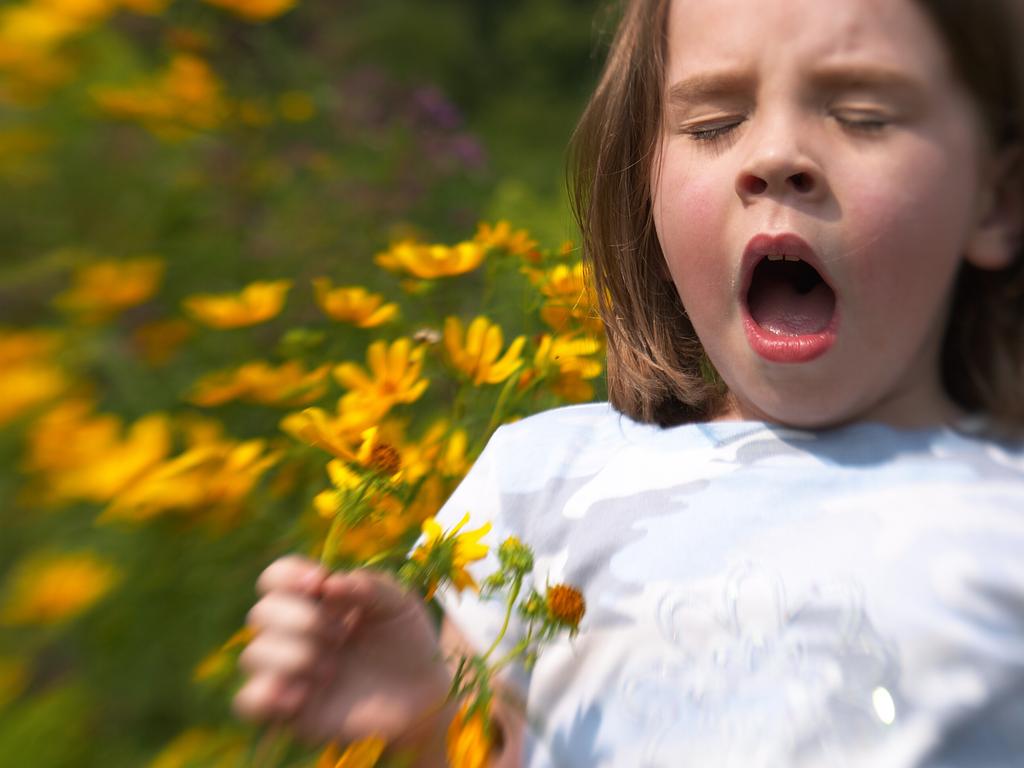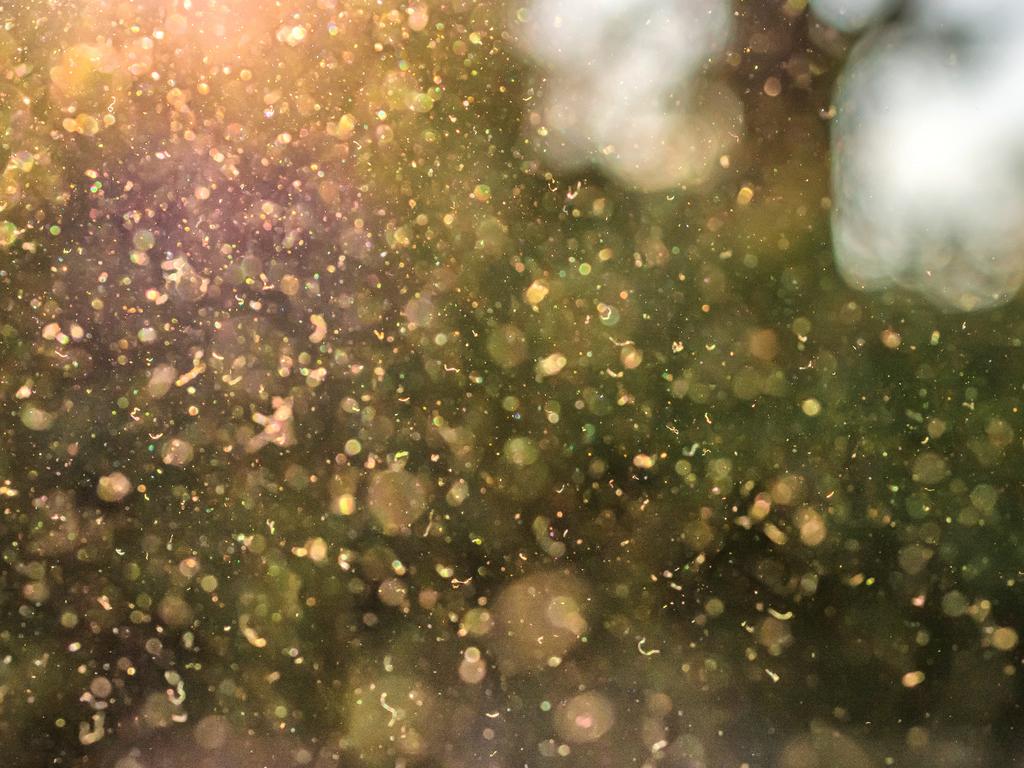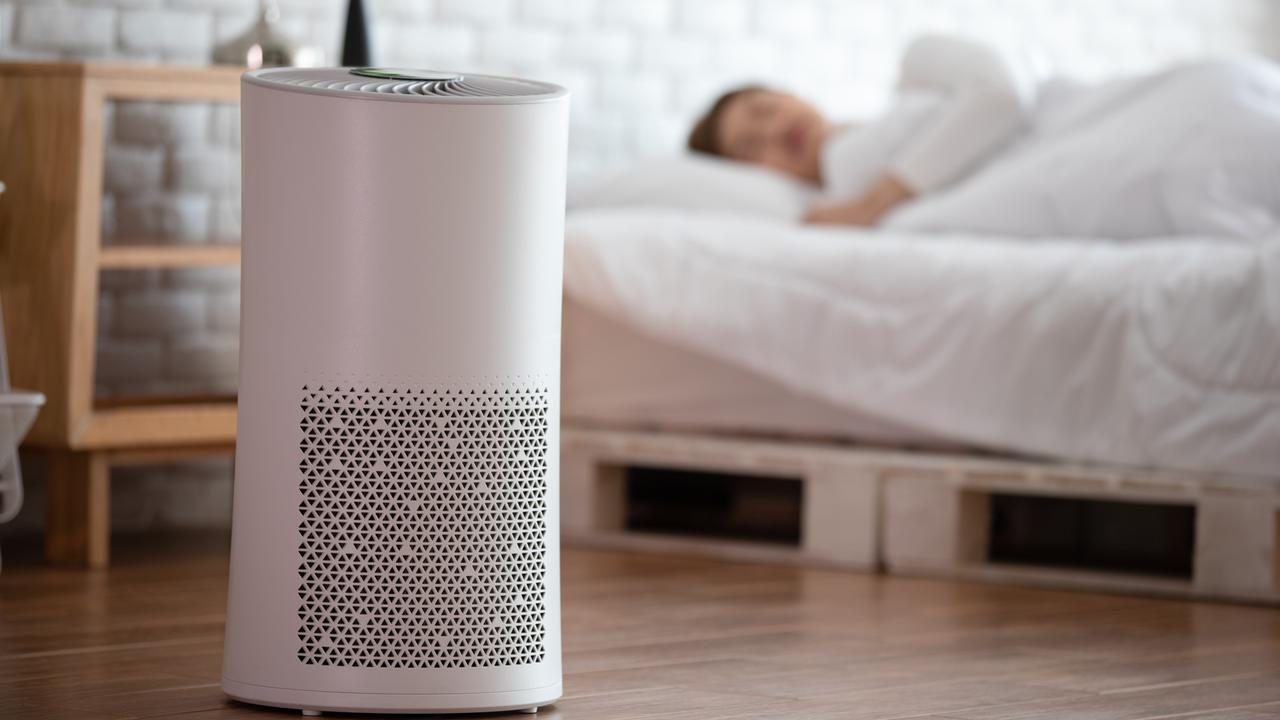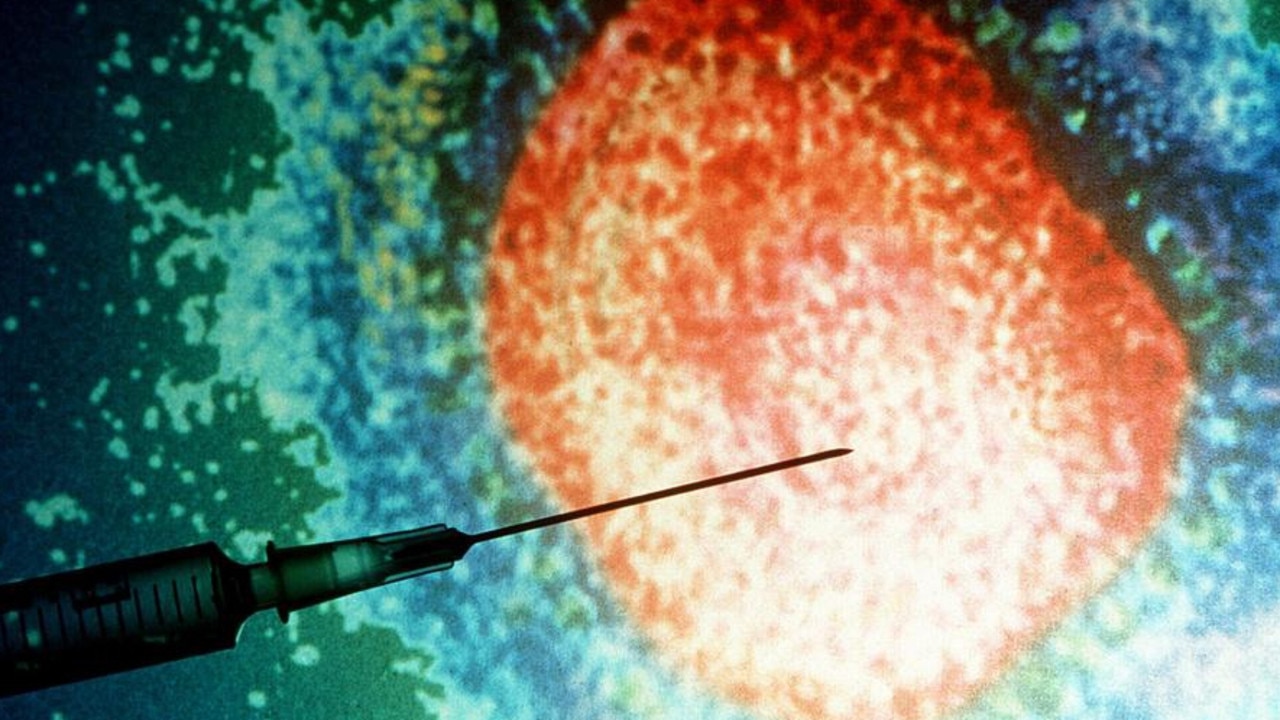Dr Zac Turner reveals the most natural way to fight off hayfever
This time of year is a nightmare for 20 per cent of Aussies but there is a natural way to fight off coughs and sneezes.

Welcome to Ask Doctor Zac, a weekly column from news.com.au. This week Dr Zac Turner shares some natural alternatives to antihistamines.
QUESTION: Hi Dr Zac, How do I prevent hay fever at this time of year? I am sick to death of inhaling antihistamines throughout Spring just to survive my day to day – are there any natural foods that help with hayfever?
Also where is the best place to live in Australia for my allergies? And where should I avoid at all costs? – Megan, 32, Melbourne
ANSWER: I find it interesting that people experience Spring so differently. Some find it a nice refreshing start to the warmer half of the year, while others see it as the D-Day in an all out assault on their sinuses. For some friends and patients they actually have to move interstate just to get away from some of the allergens, such as when platanus or plane trees bloom.
For those blessed and ignorant to hayfever, it is caused when plants start to release pollen in Spring that causes millions of people to sniffle and sneeze. Approximately 20 per cent of Australians have hayfever. It’s when the body’s immune system mistakenly sees the pollen as a danger and releases chemicals called histamines into the blood. These cheeky little things are what cause a runny nose, itchy eyes and other symptoms. That’s why medication for hayfever is called an antihistamine.

Now I am going to assume that if you are sick of antihistamines, you have tried the other over-the-counter pharmacy solutions. If those are still not quite helping, I recommend you keep using them but also add these natural remedies to your survival repertoire. This is important because there is new research that is looking at some of the long term effects of antihistamine use. While I don’t want to alarm anyone, it is safe to say that natural and raw is best.
Pineapples are not only delicious, they are also packed with bromelain. This is a natural substance that helps the body fight inflammation, swelling, nasal congestion and respiratory problems. So during Spring I recommend eating some pineapple every day to boost your immune system.
Apples and onions contain the antioxidant quercetin, nature’s antihistamine, which has been shown to have an anti-allergy effect particularly against hayfever. Vitamin C is another natural antihistamine. Vitamin C may potentially reduce the severity of allergic reactions and decrease your histamine production, slowing down your body’s over-reaction to environmental triggers like pollen. Try eating some vitamin C rich foods such as kiwi fruit, broccoli and strawberries.
You may also want to consider eating foods rich in omega three and six essential fats, which can be found in oily fish, nuts, seeds, and their oils.

In order to stem hayfever you must be looking after the environments you’re spending a lot of time in, such as your home or office. Open windows regularly to let in fresh air and consider investing in an air purifier to keep indoor air pollutants to a minimum. Another great way to improve indoor air quality is to have a variety of house plants. They remove airborne toxins, release oxygen and humidify the air, which is good for your skin.

Saltwater is also a great decongestant so playing in the surf regularly is a great sinus cleanse. While there are some good saline nasal sprays, there are cheaper methods that are DIY. I like to add a pinch of salt to some warm water and put it into a little tea pot. Now this may seem weird – but trust me and go with it. Put the tea pot’s spout up your nose and gently tilt. At first it will feel a little bit odd but don’t stress, just relax, and after a while you’ll notice the warm saline water flow out of your other nostril.
Do this both sides once a day in hayfever times of the year or if you’re getting a cold to wash away all the pathogens and allergens caught in your nasal hairs, mucous and passage. Be sure to Instagram yourself while doing it – you’ll become a viral hit!

As for where to live to get away from hayfever, it’s long been known that Melbourne is notorious for providing hayfever to its visitors and residents. There have been recorded cases of ‘thunderstorm asthma’ since the 1980s in the town. But some researchers have found that it cannot be the worst as it benefits from a sea breeze.
The worst place to live in Australia if you have hayfever is Canberra! It is landlocked, surrounded by grass and does not have a sea breeze. Second worst is Tasmania, which sees winds bring in swathes of pollen. Followed by Western Australia, South Australia, Victoria, New South Wales, and Queensland.
The best place to live in Australia if you have allergies? The Northern Territory! They don’t have a spring, so there’s no sniffle season at all up there. And of course as you’ve read above, an apple or onion a day can keep hayfever and possibly the doctor away.
Got a question? Email askdrzac@conciergedoctors.com.au
Dr Zac Turner has a Bachelor of Medicine and Bachelor of Surgery from the University of Sydney. He is both a medical practitioner and a co-owner of telehealth service, Concierge Doctors. He was also a registered nurse and is a qualified and experienced biomedical scientist along with being a PhD Candidate in Biomedical Engineering.






